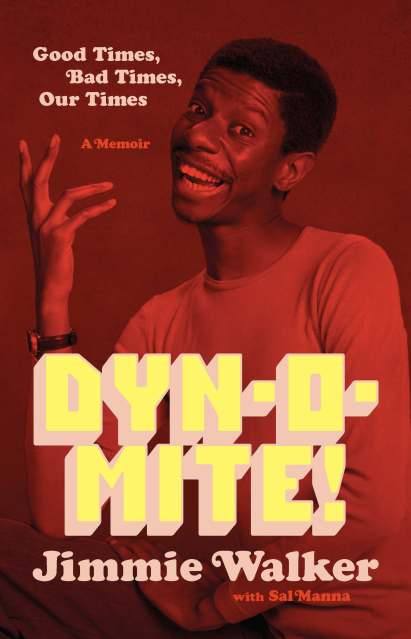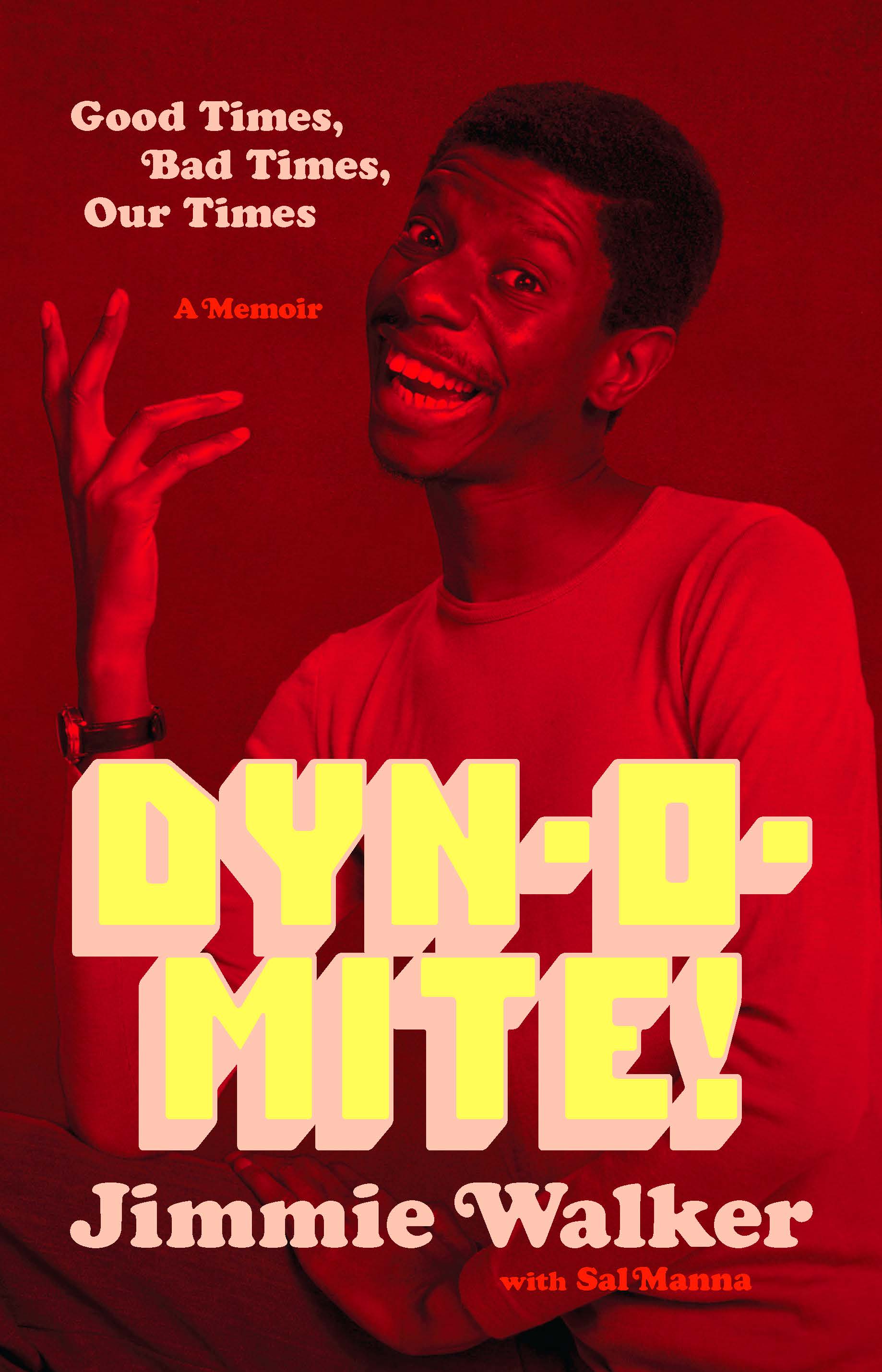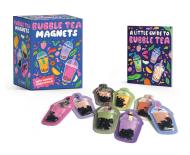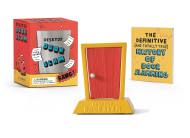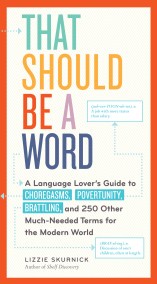Promotion
Shop now and save 20% on your back-to-school purchases & get free shipping on orders $45+ Use code: SCHOOL24
Dynomite!
Good Times, Bad Times, Our Times -- A Memoir
Contributors
With Sal Manna
Formats and Prices
Price
$14.99Price
$19.99 CADFormat
Format:
ebook $14.99 $19.99 CADThis item is a preorder. Your payment method will be charged immediately, and the product is expected to ship on or around June 26, 2012. This date is subject to change due to shipping delays beyond our control.
Also available from:
Walker made “Dyn-o-mite!” a catchword for the Baby Boomer generation. Today, Dyn-o-mite! will inspire that same generation to rediscover what once made America great–the freedom of thought, the freedom of speech, and the belief in the individual.
Genre:
- On Sale
- Jun 26, 2012
- Page Count
- 296 pages
- Publisher
- Da Capo Press
- ISBN-13
- 9780306821103
Newsletter Signup
By clicking ‘Sign Up,’ I acknowledge that I have read and agree to Hachette Book Group’s Privacy Policy and Terms of Use
